Kazi Nazrul’s 43rd death anniv today
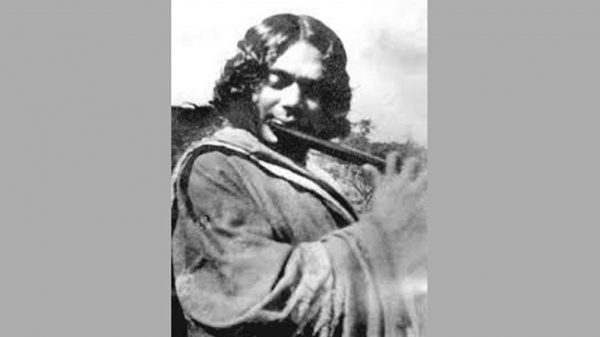
Shawdesh Desk:
The 43rd anniversary of death of national poet Kazi Nazrul Islam will be observed today across the country.
Different cultural organisations will observe the occasion organising diverse programmes celebrating the rebel poet’s life and work.
Representatives of different organisations and institutes and family members of the national poet will place floral wreaths at his grave at the Dhaka University mosque in the morning.
Nazrul Institute will place floral wreaths at the grave of the national poet Kazi Nazrul Islam in the morning and also arrange a commemorative programme in the afternoon at Sufia Kamal Auditorium of Bangladesh National Museum.
Bangla Academy will place floral wreaths at the grave of the poet at 7:00am in the morning.
The academy will also organise a solo lecture titled ‘Nazruler Bidroha: Rajniti, Arthaniti o Dharma’ at Poet Shamsur Rahman Seminar Room of the academy at 4:00pm.
Kazi Nazrul Islam (1899-1976) earned the label rebel poet because of his contribution to the anti-colonial movement. His literary work often merged with his political activism.
Nazrul contributed to almost all the genres of Bangla literature and became even more popular for the songs he composed as protest and as part of his creative process.
In his short creative career spanning just over 20 years, before he lost his speech and memory, Nazrul penned 3,174 songs, 600 poems, three novels and 43 essays and others, according to Nazrul Institute.
Born into a poor family on May 24, 1899 or 11th Jaishthya, 1306, at Churulia under Asansol of Bardhaman in India’s West Bengal, Nazrul had to leave his study at an early age to earn his living.
At the age of nine, Nazrul joined a Churulia-based professional leto troupe to earn his livelihood. While working for the troupe, he was introduced to works of Bangla and Sanskrit literature. A year later, he resumed education and got enrolled at Matharun English School but dropped out from class six due to poverty.
This time, he worked with a Kabi Gaan troupe and subsequently took up a job at a bakery shop. At this stage of his life, Nazrul started writing poems and his talent soon grabbed the attention of a police officer named Kazi Rafizullah, who gave him shelter in his house at Trishal in Mymensing and got him enrolled in class seven at Darirampur School.
In 1917, Nazrul joined the 49 Bengal Regiment of British Army as a soldier. While in the service for two and a half years, he was introduced to Persian literature and learned to play different musical instruments.
His literary practice took a formal shape during his army days: his first poem Mukti, first story Bounduler Atmakahini, and a number of other writings such as Byathar Dan and Meher Nigar were published.
After the abolishment of the 49 Bengal Regiment by the British Army in 1920, Nazrul wandered around for a while and dedicated himself to writing revolutionary poems, essays and other writings. He started a fortnightly magazine, Dhumketu, in August 1922.
For his political poem Anondomoyeer Agomone, Nazrul was sentenced to a one-year jail term. While in prison, the poet wrote some of his masterpieces Aji Srishti Sukher Ullase, Abhishap, Jater Namey Bajjati, Bhangar Gaan and Shikal Pora Chhal.
In his prolific creative life, Nazrul also worked as a music composer for popular music brand HMV. He acted in the film Bhokto Dhrubo, for which he also penned, composed and directed the music.
Nazrul also worked for another film entiled Patalpuri (1935), as a music director. He joined the All India Radio Calcutta sometime between 1938 and 1939.
In 1972, an ailing Nazrul was brought to Bangladesh. He was conferred the Ekushey Padak in 1976.
Nazrul died in Dhaka on August 29, 1976, or 12th Bhadra, 1383.





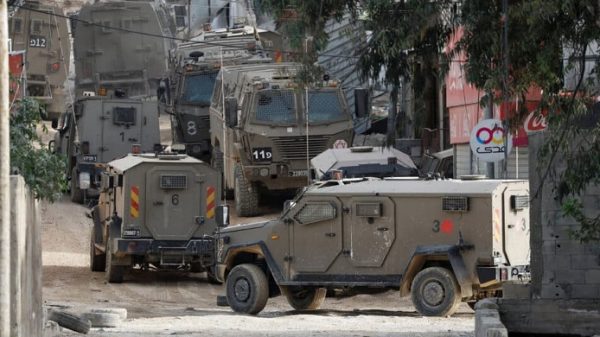
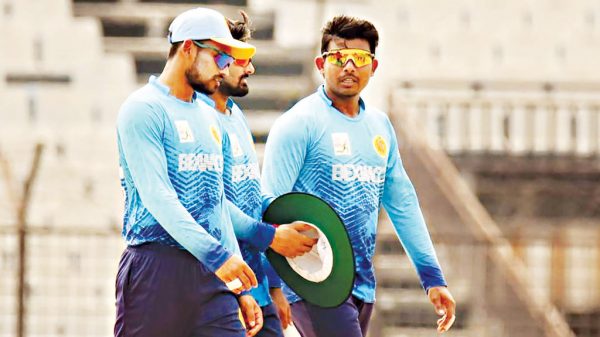
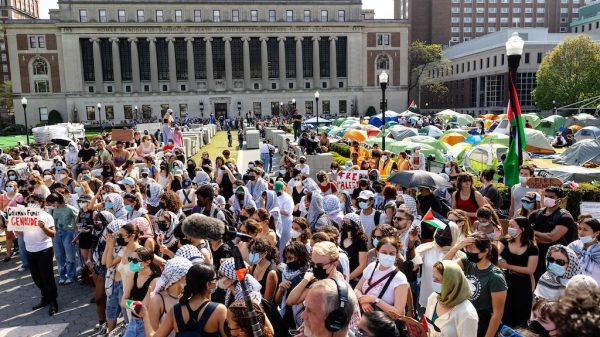

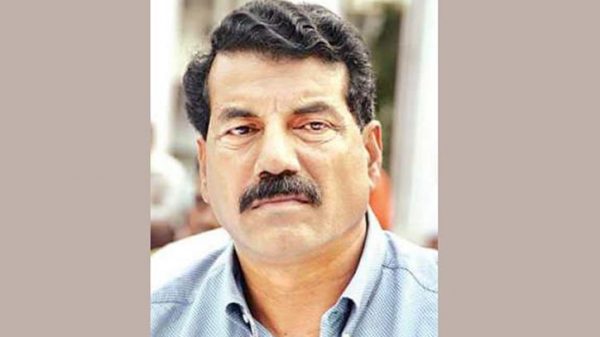













Leave a Reply